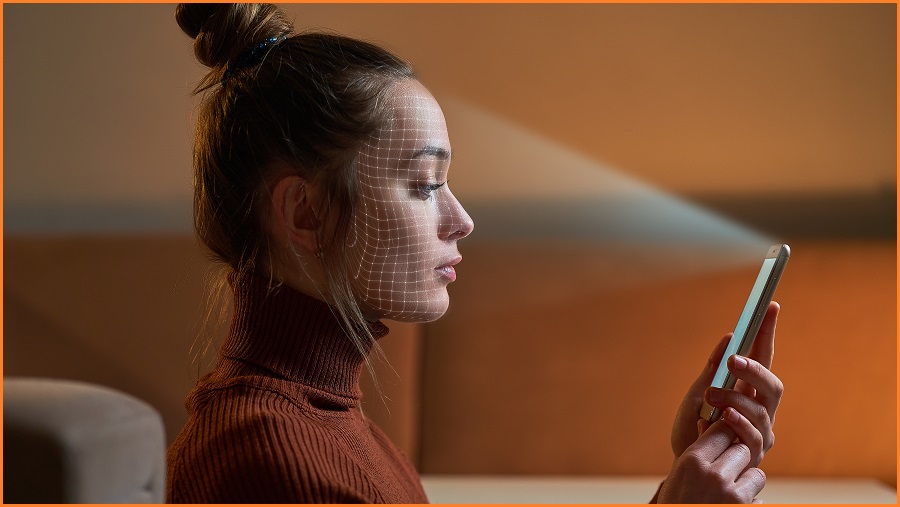Controversial facial recognition company Clearview AI has been banned from selling tools that use its facial recognition database to private entities across the United States, following a lawsuit in a state with strict biometric privacy laws.
A group of civil rights advocates represented by the American Civil Liberties Union (ACLU) settled its case against Clearview this week, reaching an agreement in an Illinois court that restricts the company to selling its facial recognition tools only to government agencies.
Nathan Freed Wessler, deputy director of the ACLU Speech, Privacy, and Technology Project, said the lawsuit shows the ability for strong privacy laws to stand up to technology companies.
“Clearview can no longer treat people’s unique biometric identifiers as an unrestricted source of profit,” he said in a statement.
“Other companies would be wise to take note, and other states should follow Illinois’ lead in enacting strong biometric privacy laws.”
Illinois’s Biometric Information Privacy Act (BIPA) was enacted in 2008 and prohibits profiting from biometric information except for state government contractors and agents.
The state was the ACLU’s first target for legal action when details about Clearview were made public in a New York Times exposé in early 2020.
At the time, Clearview was an unknown company helmed by Australian developer Hoan Ton-That that had been offering US law enforcement agents free trials of a facial recognition tool built on a database of facial images scraped largely from social media platforms, much to their chagrin.
Clearview soon became the target of hackers who breached the company’s networks and shared a database of clients with media that showed Australian law enforcement got their taste of the instant facial recognition tool without their supervisors knowing.
Even the head of the Australian Federal Police (AFP) was flummoxed when asked about his agents using Clearview during a parliamentary hearing, saying he had “to do further digging” before confirming a month later that the AFP had indeed trialled the controversial software.
As part of its settlement with the ACLU, Clearview has agreed to stop its practice of giving free trials to police officers without their superiors’ approval.
It will also continue to filter out faces of Illinois residents and will advertise its opt-out request form for local citizens who want to make sure their images are no longer featured on the database.
Clearview has previously been ordered to delete images of all Australians following a joint investigation between UK and Australian privacy regulators.
Despite the restrictions on its business practices, Clearview AI is promoting the settlement as a win overall.
“The settlement does not require any material change in the company’s business model or bar it from any conduct in which it engages at the present time,” said Floyd Abrams a lawyer representing the company.
In a statement, Clearview’s CEO Hoan Ton-That said the company would continue to sell other services to private entities.
“Our database is only provided to government agencies for the purpose of solving crimes,” he said.
“We have let the courts know about our intention to provide our bias-free facial recognition algorithm to other commercial customers, without the database, in a consent-based manner.”
Earlier this year, Clearview AI offered its services to the Ukrainian government to help identify Russian spies and soldiers, and combat misinformation in the ongoing war.










